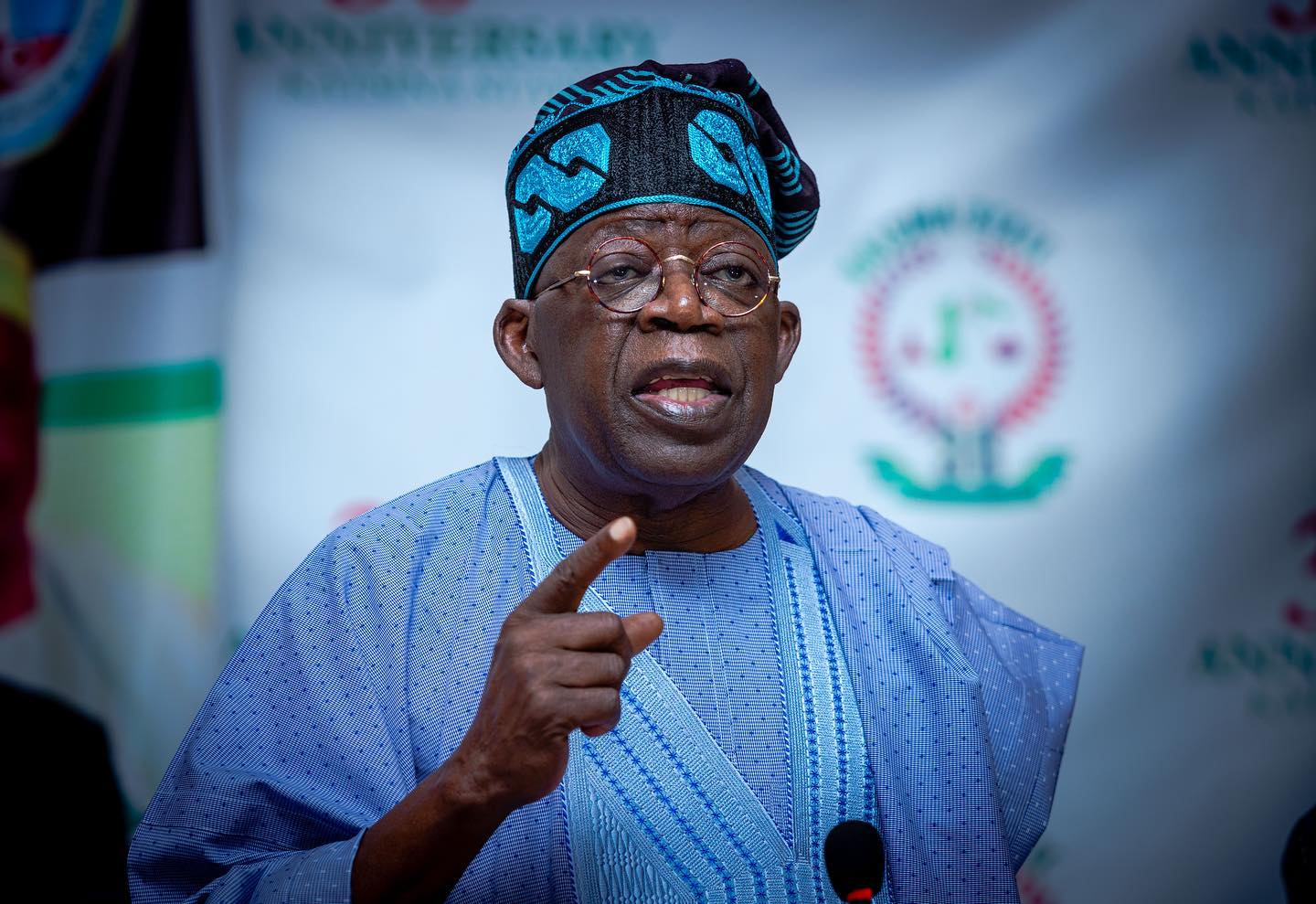What are the possible solutions to the problems Nigerians are facing today?
What are the Possible Solutions to the Problems Nigerians Are Facing Today?
Insecurity in Nigeria is a significant problem, affecting access to essential services and causing fear among citizens. Here are 10 solutions to make Nigeria safer:
1. Understanding the Root Causes of Insecurity
Factors: Weak local governance, corruption, economic inequality, organized crime, and terrorism contribute to insecurity. Addressing these issues is crucial for long-term stability.
2. Enhancing Security Infrastructure
Improvements: Invest in roads, railways, and airports. Recent investments in Lagos’ transportation infrastructure highlight the importance of safe and efficient travel.
3. Investing in Community Initiatives
Programs: Promote education, health, and economic empowerment. Building and repairing schools and expanding healthcare access can significantly reduce crime rates.
4. Strengthening the Role of the Police and Security Forces
Actions: Invest in police training and resources. The 2023 police reform act aims to increase accountability and training standards.
5. Improving Education and Job Opportunities
Youth Focus: Expand scholarships, public universities, and vocational training. Initiatives like the 2022 youth employment program in Edo State demonstrate positive impacts.
6. Establishing Effective Conflict Resolution Strategies
Peace Programs: Promote youth and religious dialogue programs. The 2023 peacebuilding efforts in Plateau State have successfully reduced local violence.
7. Enhancing Intelligence Services
Upgrades: Invest in training and equipment for intelligence agencies. A centralized intelligence agency can improve data collection and threat response.
8. Increasing Public Awareness of Security Measures
Campaigns: Develop public awareness campaigns and educational materials. The “Safe Streets” campaign in Abuja is an excellent example of effective public engagement.
9. Economic Development and Poverty Reduction
Strategies: Invest in infrastructure and create job opportunities. Economic growth can reduce the incentives for engaging in criminal activities.
10. Promoting Good Governance and Anti-Corruption
Reforms: Encourage transparency and accountability in government. Engaging citizens in governance can reduce corruption and build trust.
Conclusion
By understanding and addressing the root causes of insecurity and implementing these solutions, we can work together to make Nigeria a safer place. From enhancing infrastructure to investing in education and community programs, each initiative plays a crucial role in building a secure and prosperous future for all Nigerians.








Comments are closed.